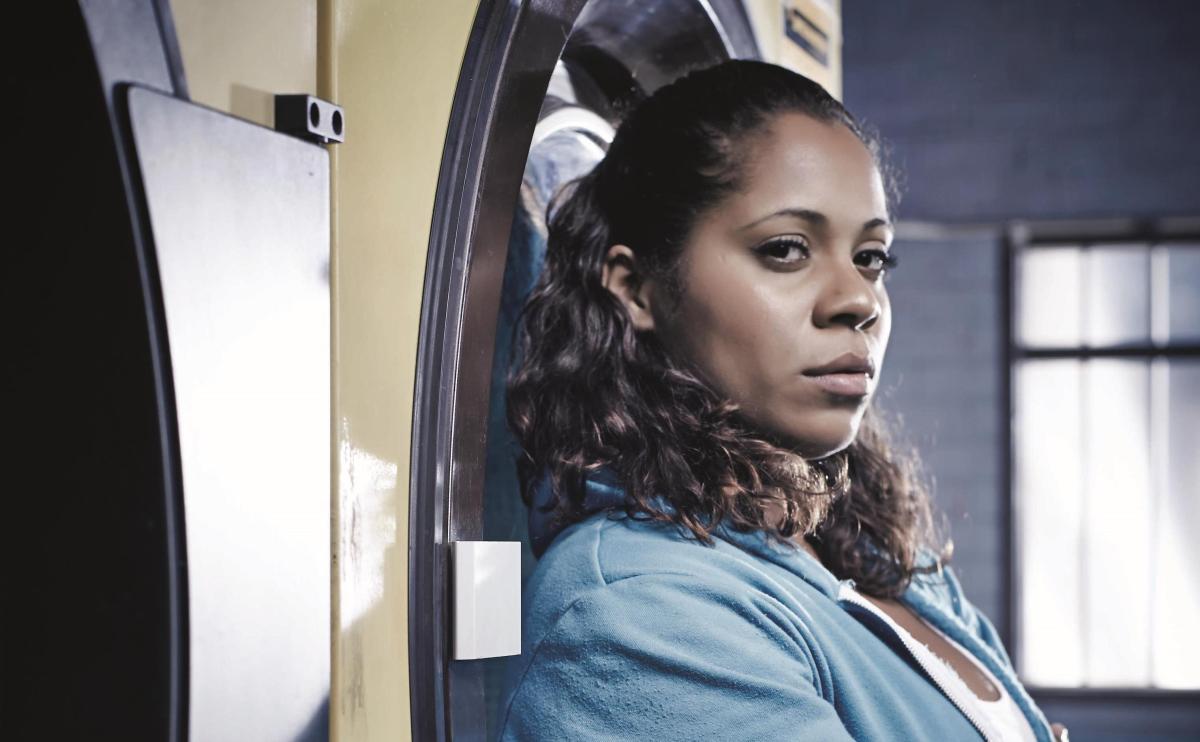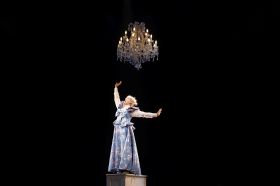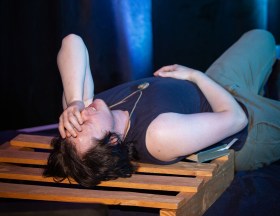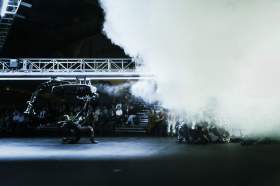Earlier this year, a UK survey revealed that only 10% of theatre directors come from a working class background while others have noted that class barriers exclude both artists and audiences.
Locally, the performing arts have long been dominated by people of Anglo-Australian descent, with a range of entrenched structural barriers locking out First Nations artists and people from more diverse communities.
In Australia, access to world-class performing arts training regardless of circumstance and cultural heritage is possible thanks to the West Australian Academy of Performing Arts (WAAPA).
Based at Edith Cowan University’s Mount Lawley campus, WAAPA is one of only six Australian universities offering both a traditional degree structure and vocational education and training (VET) under the same roof.
Consequently, WAAPA provides career pathways for non-ATAR school leavers, mature age students and others through courses such as the Certificate IV in Aboriginal Performance – a one-year course which prepares Indigenous actors for the industry – and the Diploma and Advanced Diploma of Dance (Elite Performance).
Rachael Maza, Artistic Director of ILBIJERRI, said the Certificate IV in Aboriginal Performance is filling ‘a massive gap’ in Australia.
‘It is one of the only stepping stones that creates a pathway into the industry – because the gap between starting out and getting into those big, three year degrees is humungous,’ she told ArtsHub.
‘Students go from these one-year courses and then apply for WAAPA or NIDA or the VCA … and it gives them that step up, the readiness to be able to step into what is – and I have to be really honest here – a really gruelling and challenging environment that they’re going to have to endure for the next three years.’
Having directed the Certificate IV in Aboriginal Performance course’s end of year production in 2018, Maza said the opportunity to watch WAAPA’s young First Nations actors at work was inspiring.
‘To see this extraordinary environment that was being created, this culturally safe environment for the young fellas to be able to take that first step – because this is only a one year course – but it’s that one year course they need to bridge that massive gap.
‘And the calibre of the work that was coming out of the course was extraordinary. I’m a little bit biased, my son was amongst them,’ Maza laughed, ‘but it was just so inspiring to see that there is a place where our next generation of artists are getting the craft and the skills and the training that they need to set them up for further study, and in a culturally safe way.’
Also demonstrating the value of WAAPA’s VET courses are the careers of young dancers Kirsty Clarke and Sara Ouwendyk, now performing with the West Australian Ballet.
After undertaking the VET Diploma and Advanced Diploma courses at WAAPA, the two progressed into the Bachelor of Arts (Dance) before embarking on a professional career. Both Clarke and Ouwendyk are now dancing in WA Ballet’s ALICE (in wonderland), opening in Perth this week. Both credit the vocational education and training available at WAAPA as vital to their development as professional dancers.
Another WAAPA success story is actor Shareena Clanton, a Wangatha, Yamatji, Noongar and Gidja woman who is well known for roles in film and television (including a major role in the popular prison drama Wentworth).
Clanton is a graduate of WAAPA’s Aboriginal Performance Certificate IV and Bachelor of Arts (Acting) courses and recently branched out into directing, working on the ILBIJERRI Ensemble’s recent production Conversations with the Dead at Arts Centre Melbourne.
‘You know what was really profound for me, watching her in the room – and this is what you want more than almost anything out of training – was Shareena’s professionalism. Her professionalism was so awesome to see,’ Maza said of watching Clanton taker her first steps as a director.
‘Yes, you’ve got the craft and all that, she knows what it takes to be an actor and she brought all that to directing. But underlying all of that is this extraordinary professionalism – and she’s not afraid of hard work. You can be as talented as you like but if you’re not prepared to knuckle down and do the hard work, be professional and know how to work as a team … that’s what it takes to survive in the industry.’
Learn more about VET qualifications at WAAPA.






